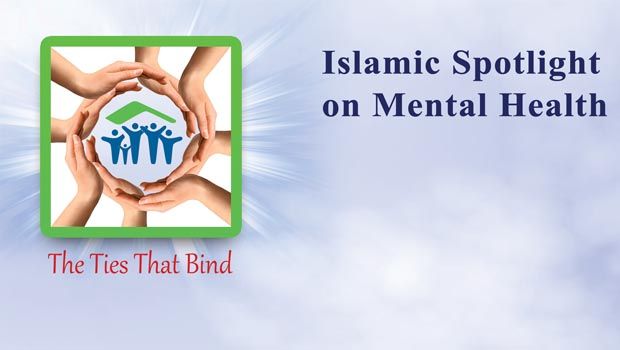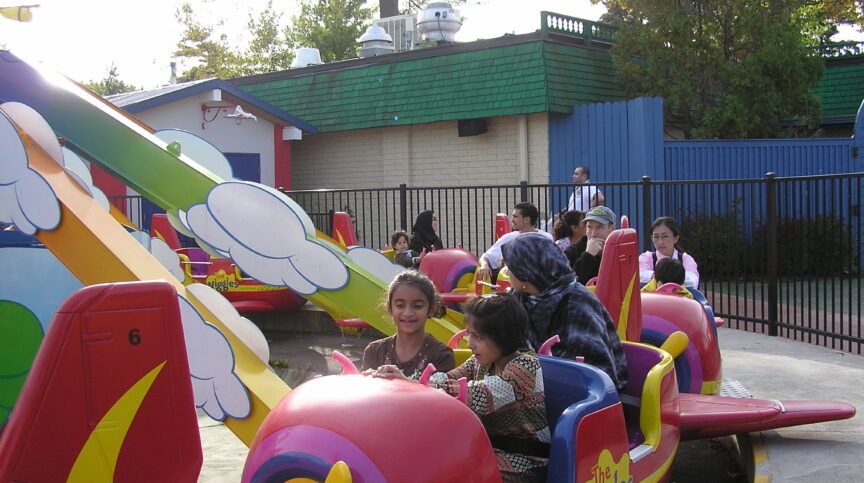Human beings have a stubborn tendency to overlook many things, including those that matter the most. It’s one of our cardinal vices. It’s also a cause of tremendous heartache and regret in our lives. But it doesn’t have to be that way. It helps to be reminded of these things from time to time, and that is precisely what the Prophet of Islam did with these thoughtful words.
He reminded us of two of the most important treasures of God that we enjoy—our health and our time. In a world rattled by increasing economic turmoil where every dollar counts, it helps to view the things we often take for granted in concrete and quantifiable ways. The Prophet described these two qualities as tangible assets, as real and perceptible blessings given to us so graciously by our Creator. The term used is ni‘mah, which the scholar Ibn Hajar defines as a bounty or blessing that contains some tangible good or benefit that we can enjoy.
Perhaps the Prophet was predicting our own times when he remarked that these are qualities that are ignored and squandered by so many people to their own detriment. In another narration of this tradition, the Prophet stated, Verily health and leisure time are two bounties from the bounties of God, which most people cheat themselves over.
Never before has there been such an assault on our time and productivity as we witness today by the rise of high tech distractions and the demands of modern lives and work schedules. Time has become a rare commodity among parents, families and friends. It’s a casualty of our lifestyles.
It is estimated that 99% of American households have at least one TV, and the average person will probably have spent a total of 13 years of his/her life watching TV, and 3 ½ years watching commercials. Add to that internet, video games, phone apps, etc. and the numbers become even more staggering.
Islam places enormous weight on comprehending the value of time and utilizing it in productive ways. Allah swears by time in the Qur?n, and repeatedly warns of the impending regret in store for those who squander it. It is one of life’s most precious resources, a continuous stream that never stops and never returns once it passes us by. Im?m al-R?z? quotes a wise man who said, “I understood the value of time from an ice seller in a hot marketplace who was crying out ‘Have mercy on the one whose wealth is melting away.’”
The other casualty of our times is our health and wellbeing, another of life’s treasures whose value is only realized when it is lost to illness and disease. And it is fast being lost today. We live toxic lifestyles and are fed toxic diets, coupled with little time invested in nurturing our physical, emotional and spiritual wellbeing. It is only inevitable that diseases are on the rise like never before.
Nearly half of all children in the US are overweight or obese, and two-thirds of all adults. Almost 10% of all Americans have diabetes, including 1 in 400 children, and the numbers are rising. Add to that a sharp rise in mental illness and an ever-expanding list of illnesses whose rates are rising across the US and the rest of the world.
But these are relative states, and each of us experiences varying levels of health, illness and time-constraints. One must look at what he/she possesses in terms of health, leisure time and other blessings, in comparison to those who are less fortunate. It was the Prophet who also said, “Always look at those who are below you and not above you, for that allows you not to belittle God’s blessings.” By always focusing our attention on the less privileged—and there is no shortage of such people these days—it helps us be more grateful for own lives, and more importantly, it should inspire us to serve others.
So the Prophetic lesson is two-fold: first, to recognize these blessings and be grateful for them; and second, to nurture them and utilize them in productive ways. Again, it helps to view things in economic terms, as one Muslim scholar aptly put it: “Time is like capital in the hands of an investor, which he invests for the purpose of profit. The greater the amount being invested, the greater the returns. So whoever takes advantage of doing good deeds in his life has achieved success, while whoever wastes his investment will not see any profit but incur great loss.”
Finally, the Prophet alluded to the deceptive nature of time and health. Looking forward, there is always the illusion of lots of time, but looking backward, it is always gone with the blink of an eye, always far faster than we anticipated. When we are healthy, we have the illusion of great strength and stability, but when illness strikes abruptly—as it usually does—we are left looking back in a daze, with mixed feelings. We feel cheated by our own shortcomings, our negligence and our faulty lifestyles. It is for this reason that the Prophet used a term (maghbun) that implies fraud and deception in financial jargon.
There is a way out of this deception. It is simply to recognize all of God’s blessings and resources that we enjoy, and the responsibility that comes with these. We must use them wisely and invest them towards a sound future. The Qur?n advises, Believers, observe your duty to Allah, and let every soul look to that which it sends for tomorrow. [59:18] And along the same lines, the Prophet advised: “Seize the opportunity of your youth before you become old, your health before you become sick, your wealth before you become poor, your spare time before you become very busy and your life before you die.”





